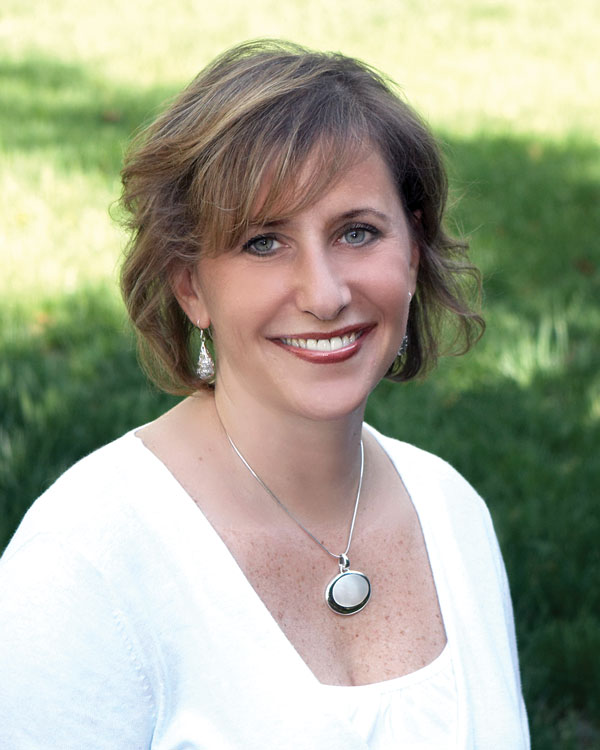Post-Traumatic Growth
A New Perspective on Life after Cancer
by Pamela J. Ginsberg, PhD
Being diagnosed with cancer is one of the most devastating and frightening experiences a person may ever face. Cancer can completely disrupt your life, sending you into a tailspin of fear, uncertainty, and loss of control. It will bring on a myriad of psychological and logistical challenges. And they all must be confronted at a time when you feel vulnerable and destabilized.
However, though difficult, it is possible to work through these challenges and to not only restabilize your life but also grow from the experience. Psychologists call this concept post-traumatic growth. And it refers to the process by which a person grows stronger and more contented as they overcome difficult and traumatic experiences.
Growing through the Cancer Experience
For cancer survivors, post-traumatic growth happens when you take on the cancer experience with a sense of strength, when you allow yourself to be open to the new perspectives and new understanding that can come from going through such a difficult time. Many people find themselves reevaluating their priorities after cancer and developing a clearer understanding of what is truly important. I often hear from cancer survivors that life after cancer is much more precious, and that they appreciate their loved ones more.
Some people find that the experience helps them to understand who their real friends are, and gives them strength to let go of relationships that do not serve them well. Many people see this as especially freeing, and they are grateful that the cancer experience helped them find this new perspective.
Facing Down Fear
Though cancer can be an experience fraught with fear, it is important to recognize how your relationship to fear is affecting you. Fear is a normal human response, and having fear doesn’t mean you are doing something wrong. However, allowing fear to be the driving force behind your decision-making can lead to regrets. Remember, you are in the driver’s seat of your decisions; fear is only the passenger. You will inevitably feel some fear, but you can’t let it control you. When faced with a tough decision, get the facts, talk it through with
trusted others, and take your time before deciding.
Coping with Uncertainty
After a cancer diagnosis, and even after your treatment is completed, you will likely discover that there is more uncertainty still to come. Your physicians can give you the statistics if you want them, but many people find little comfort in those numbers.
To thrive after cancer, you must learn to live with uncertainty in a way that was never really relevant before your diagnosis. Cancer is a life-changer, but learning to embrace your new normal with all of its unknowns can infuse your life with vitality. There is, and always has been, uncertainty in your life, but cancer makes you more aware of it than ever before. Choose to embrace and accept this crazy adventure, with all of its twists and turns. Don’t waste your life searching for certainty; that is a fruitless search driven purely by fear.
Embracing Optimism
Try to be both realistic and optimistic as you care for yourself after cancer. Follow your physician’s instructions for self-monitoring, lifestyle modifications, healthy habits, and follow-up exams. But be optimistic about your future, your happiness, and your life’s satisfaction. Cancer will always be part of your story, but it’s certainly not the whole story.
You are in charge of writing the cancer chapter of your life’s story. You can decide how you move through this experience, what it means to you, and how it will change you. Let this experience strengthen you, your relationships, your priorities, and your values. Learn to accept help. And, above all, have faith in yourself that you can live a full, meaningful, and beautiful life – even after cancer.

Dr. Pamela Ginsberg is a licensed psychologist in Doylestown, PA. She specializes in women’s health, pscyho-oncology, and women’s issues. She serves on the board of directors for the Cancer Support Community of Greater Philadelphia and is a speaker and consultant for several cancer-related organizations.


